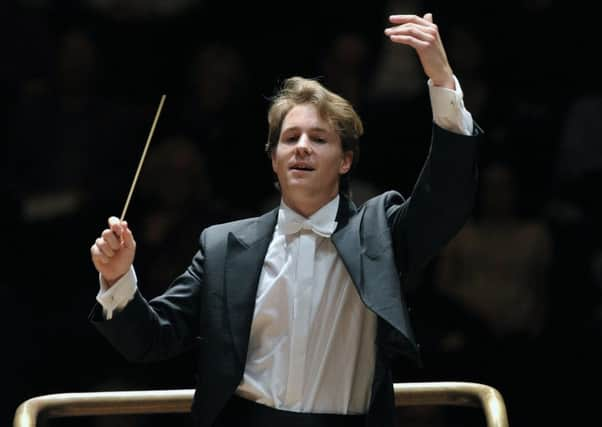Music review: The SCO, with Clemens Schuldt & Maximiliano MartÃn


Queen’s Hall, Edinburgh ***
And then – well, things went in a different direction. Schuldt seemed somewhat detached directing the world premiere of Lyell Cresswell’s dark new clarinet concerto Llanto, unwilling to play up its bleakness and eruptions of rage. But it was SCO principal clarinettist Maximiliano Martín in the spotlight, and he gave an astonishingly nuanced, subtle account, finding remarkable tonal variety even in just a few subterranean notes in Cresswell’s brooding opening, and dispatching the work’s frenzied syncopated dances with spitting fury. But for such an uncompromising creation – a wail of distress at the death of a friend – it needed stronger advocacy than Schuldt’s.
As did the concert’s closer, Schubert’s ‘Tragic’ Symphony. There were moments when it crackled with energy, but also stretches that felt rather flat. It was a strangely workaday ending to a concert that had begun so spectacularly.
DAVID KETTLE